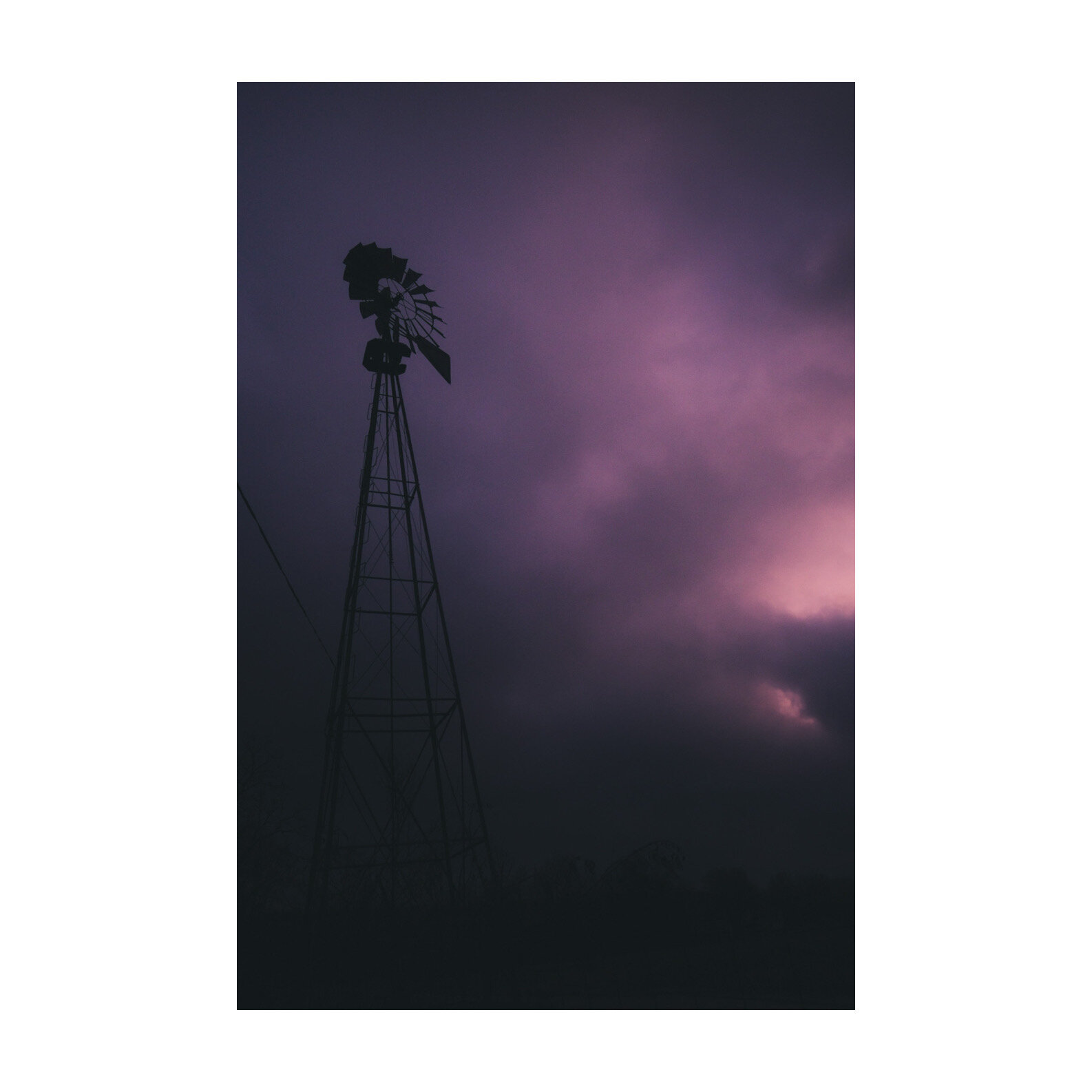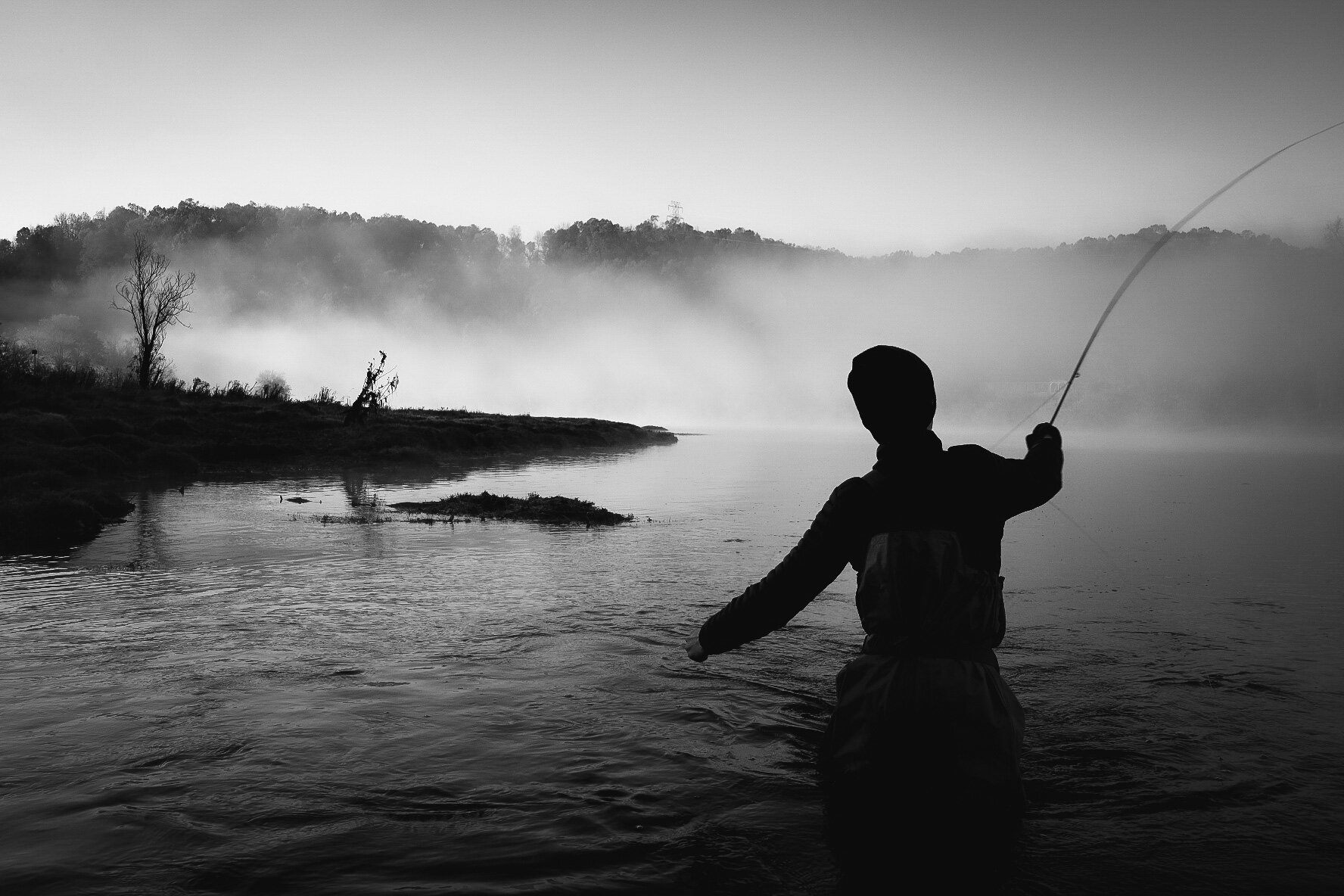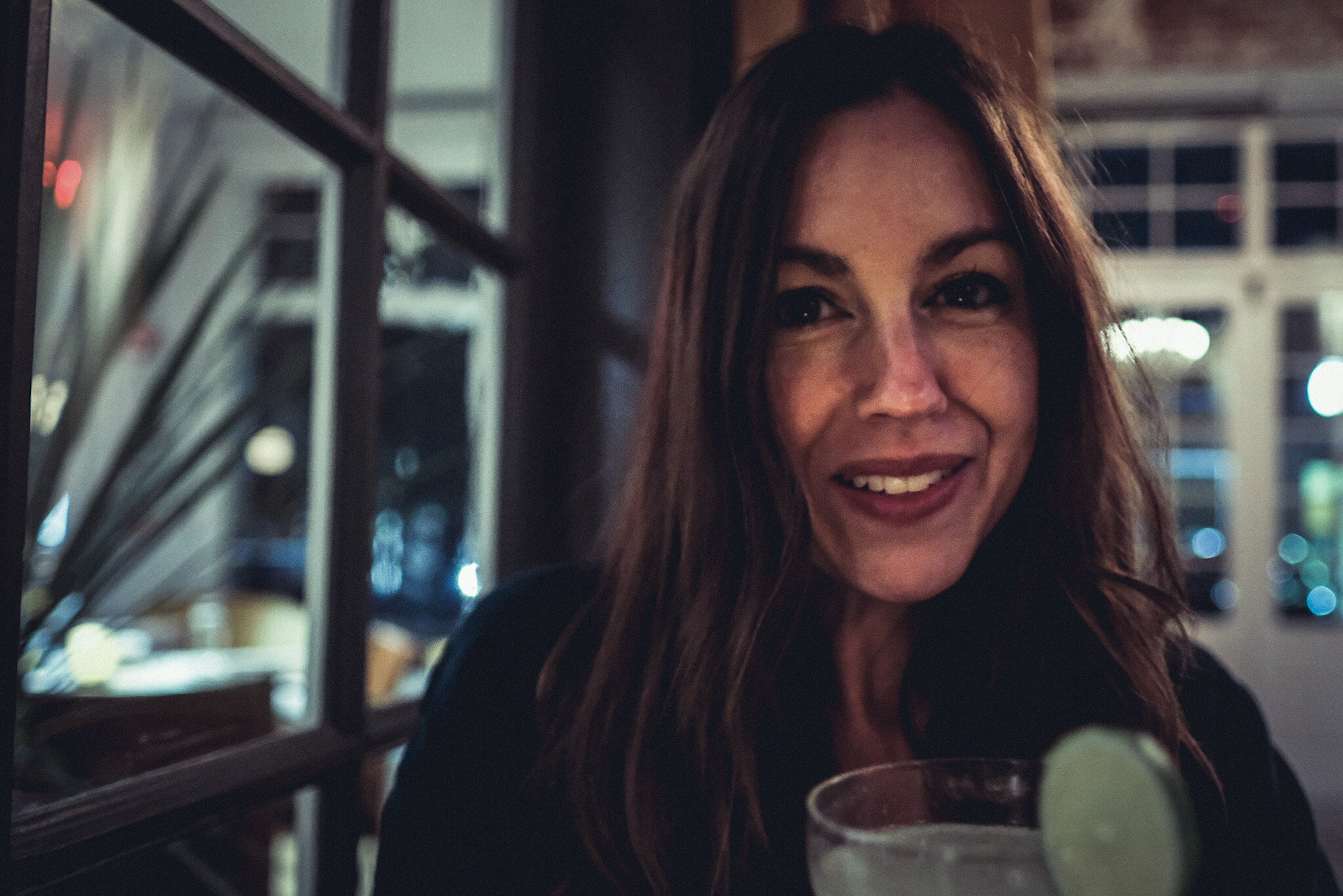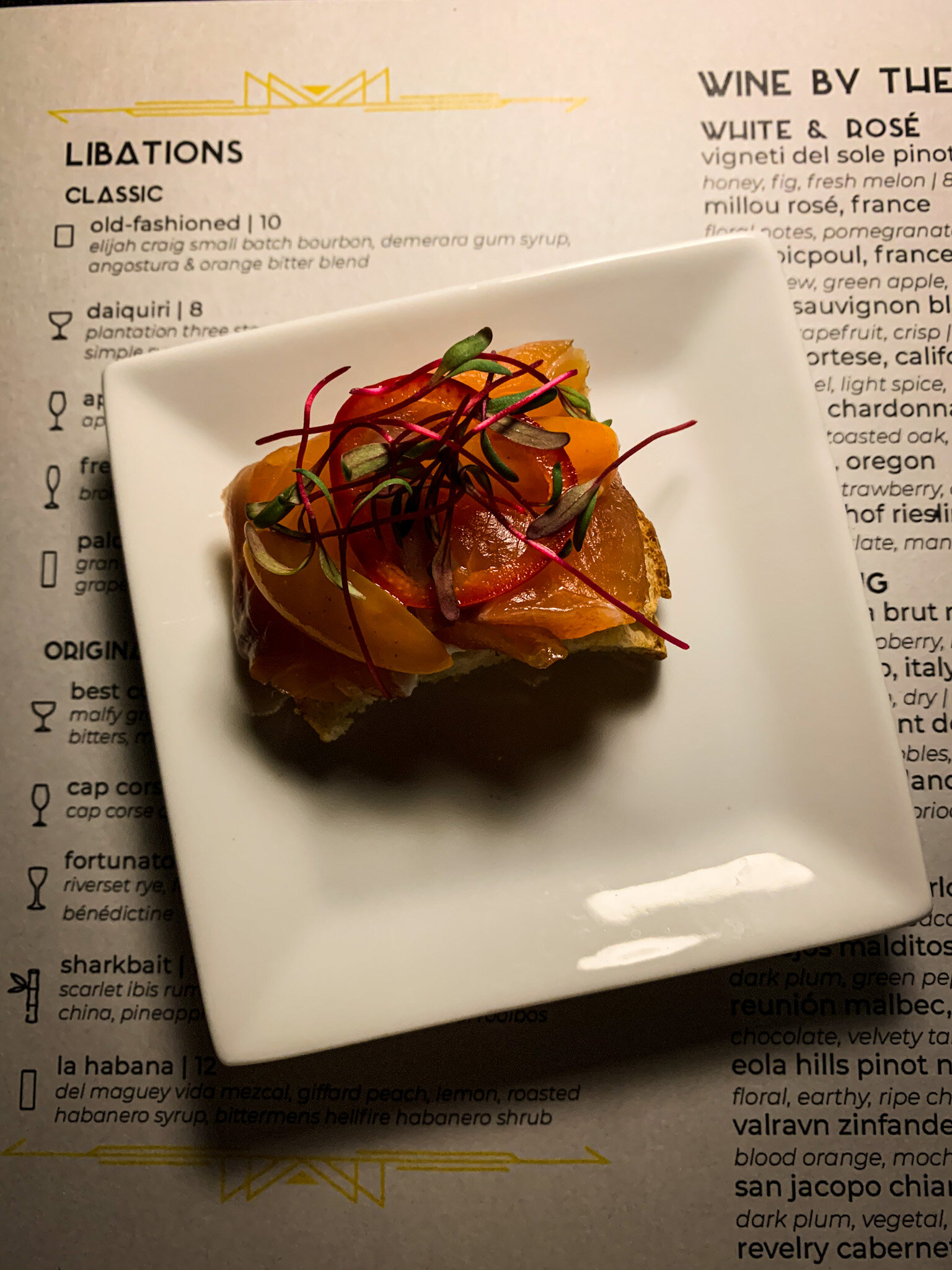On Conspiracy Theories, Confusing Data, and Denialism (Observations of the Week)
1. An Observation on Denialism
There was a moment in history when the world’s brightest minds were subject to persecution for believing the earth orbited the sun, which was contrary to the popular belief that we were the center of the universe and that the sun orbited us. There was likewise an era when those who believed the world was round were subject to the inquisition. In each instance, there were deniers—Orbital Deniers and Global Deniers—and their denial was bolstered by the kings, the church, and the power of mass delusion.
In the same way, there are many deniers of [insert the many deniable things}. They use confusing data, conspiracy theories, or brute-force head-in-the-sandism to support long-held beliefs. Their dogmas are fixed and they dismiss any contradicting data. They believe whatever truth fits the truth-shaped hole in their own noggins.
This is human nature, and we’re all subject to our own pet denialisms. So, when the Santa Deniers come out in full force this year—whether on Twitter, Facebook, or the office Christmas Party—don’t engage their petty arguments. Don’t give in to their cynicism, either. Simply smile, wish them a merry Christmas, and go on your way in the knowledge that someone will not be getting a lump of coal in their stocking this year.
2. A Little Photography For Your Monday
The End of Insanity? From One President to the Next.
January 20, 2021. It’s a new day.
I watched as the former president left the White House and made his way to a send off ceremony at Joint Base Andrews featuring Journey’s song “Don’t Stop Believing”, a thin military band rendition of “Hail to the Chief”, and an extravagant 21-gun salute. I listened to his remarks, a recasting of Trump’s Greatest Hits. I watched as he climbed the stairs to Airforce One for the last time and waived goodbye.
Then, I took a deep breath.
I have not hidden my feelings about President Trump. I shared my thoughts here, on social media, and locally, and those thoughts were as follows: Some modicum of character, integrity, and humility matter in the office of the presidency. And as I saw it, this made President Trump uniquely unqualified. And now, five years later, we’ve seen the fallout. Were there some successes by this President along the way? Yes. To say otherwise would be intellectually dishonest. Were those successes worth the division, the rancor, the violence? Some say yes. I pray for those people, just as I’ll continue to pray for the man they call their ideological leader.
Today, we welcome a new President, President Joseph Biden. Do I think the age of insanity is over? No. But I have hope that a good man and a handful of good men and women in Congress, Democrat and Republican alike, can lay the groundwork for unity. I hope those who continue pushing violence as the means to a political end are marginalized, silenced, and castigated. Get them out of government so, as Carl Sandburg wrote, the people who have been “tricked and sold and again sold,” can “go back to the nourishing earth for rootholds.”
There will still be raucous debate in these here United States in the days to come. There always has been. Still, we belong to each other. I hope we learn to remember that. And I hope we find our rootholds.
A 2021 Prediction: The Coming Chaos and an Antidote for it.
Recap: a new, more virulent strain of coronavirus is burning through Brits; COVID cases in the United States are expanding by the day; government and corporate servers in the United States were hacked by some foreign entity; the allegations of voter fraud have led a former (and pardoned general) to toss around the idea of implementing martial law; and, the tax relief bill includes a “three martini lunch” provision for corporate executives. And this is just the news from the last five days.
We seem to live under a magical assumption. The ball will drop, closing out 2020. We’ll sing “Auld Lang Syne,” kiss our significant others, and hit the hay. And when the sun greets us on January 1, 2021, the chaos of 2020 will be in the rear view mirror. But this is not the way time, nor viruses, nor hackers, nor politicians, nor lobbyists work. These are the propagators of the churn, the scorch and burn for the sake of profit. They are the propagators of volatility, uncertainty, chaos, and ambiguity since Adam ate the apple, though the modes of technology and the means of attack were different. (Recall the bubonic plague, the knife of Brutus, the Trojan horse?)
I am aware these are not uplifting thoughts, but they are sober. So as we enter 2021, I’m asking you pause. To steal yourself for more of the same. To prepare your heart and mind to approach the new challenges of a new year with toughness, sobriety, and joy. How?
Carve out some time today, and reflect on 2020. Don’t just wallow in the sorrow of a year gone sour. Instead, consider the good stuff, the stuff the fire didn’t touch. Create a sort of good-stuff list, then reflect on it. Share it with you spouse, your friend, whomever. Invite them to create their own.
Train your eyes to see the goodness and beauty of the world around you, even when everything is burning. That kind of training might just get you through another year of chaos.
Come back tomorrow, when I’ll be sharing my own Good-Stuff List.
DON’T GO JUST YET
Have you lived a sober 2020? Chances are, you’ve found yourself more prone to addiction than ever. (The stats say as much.) There’s hope, though. Pick up The Book of Waking Up, and walk into a new year of true, inner sobriety.
Five Photos Proving Beauty is Bigger Than #2020
In the waning weeks of 2020, the Great White North came to visit. In my almost-southern hometown, the magnolias and bamboo bowed low, showing deference to the weight of a year. 2020: It’s been heavy.
Before the snow came, I sat in our local adoration chapel, a thin place in this world where the silence speaks. There, I reviewed the year—COVID-19; the George Floyd protests; the presidency that will not end. I offered a few prayers for peace and resolution, and as I did, other things came to mind. The grace of confirmation. The trout stream. The beauty of Amber’s tiny garden. The Farm. The anniversary. The exquisite food. There’s been enough grace to go around.





There is a temptation to treat 2020 as its own sort of hashtag, a meme of all things negative. This, I perceive, gives the darkness too much weight. We are not bamboo. The world is not snow. Beautiful things are bigger when given their proper place.
What good have you seen in 2020? Reflect on it. Steep yourself in it. There is more beauty than horror in this human life, if only we’ll slow down long enough to see it.
On Political Sobriety: Part III
I’m continuing my series, “On Political Sobriety.” You can read Part I in my Newsletter and Part II by following this link.
"I'm worried that with our nation so divided and election results potentially taking days or weeks to be finalized there is a risk of civil unrest."
~Mark Zuckerberg
During a break in our meeting—a liminal space generally reserved for small talk in business circles—the executive leaned in and said, “This has the potential to get ugly.” A rational woman, a business leader and thoughtful executive who’s leary of extreme rhetoric, she is not the sort to be swayed by media fear-mongering. She is a thinker, a vision caster, and her field of expertise is—in one sense or another—influencing markets. So, when these words came tumbling out as we discussed American politics, I sat up straight. And from there, the conversation devolved.
Coup (even if short-lived).
Secession (even if only attempted).
Revolution (even if only in pockets).
We discussed potentials previously thought possible only by the tinfoil-hat-wearing crowd. We found no resolution.
I’ve had more than a dozen conversations like this in the last two weeks with thoughtful, middle-of-the-road, freedom-loving Americans. The People (yes) are wearing their concern on their sleeves. Concern for the demagogues, the extremists, the broken media apparatus, the inmates who are running our two-party asylums. Concern for their families who’ve gone all-in on divisive ideologies. Concern for their businesses, their employees, their children. America—we’re beginning to boil over.
We’re in desperate need of a new imagination for American leadership. We’re not getting it from the major parties. We’re not getting it from the media (as if that’s the job of impartial journalism). We’re not getting it from the corporations who fund the status quo. And so, it must come back to the people, which is to say to you and me.
As we enter this season, commit to leading a non-violent, non-partisan, non-rhetorically-divisive resistance in your own community. Commit to gathering your neighbors, friends, and family into a more sober-minded, more unifying vision of America. How? Let’s revisit the way of political sobriety (third time’s the charm):
Turn from prayer for a political outcome and turn to prayer for something like familial healing;
Turn from monstrous language, from the sort of name-calling that leads to further division;
Pray for an understanding about how your neighbor could vote for a different political party than the one you prefer, and enter an honest dialogue about those decisions;
Impute best intent to your political opposite until you can no longer impute best intent;
When you can no longer impute best intent, address the evils of this political cycle (racism, abortion, etc.) with clear, fact-based language;
Refuse violence of any means (whether in speech or action), and if some action must be taken, prepare to act in peace.
As we enter what’s sure to be a tumultuous handful of weeks, consider how you can live politically sober in an age of ideological inebriation. Consider how you can lead those around you into a more peaceful resistance against the looming strife. Make it a way of life and invite others into it.
I want to hear from you.
What are you seeing in your own community? What kinds of political conversations are you hearing? How are you acting to lead others into a new political imagination? Email me and let me know.
DON’T GO JUST YET
If there’s one regret I have about The Book of Waking Up, it’s that I didn’t realize just how addicted we are to politics at the time of its writing. I suppose I understood it at a macro level, but this election cycle has exposed a much deeper addiction. If you haven’t picked up a copy, please do, and consider just how the framework of waking up applies to our political addictions. Then, chart a course for true political sobriety.
On Political Sobriety: Part II
We’re moving into the last week of a fraught season. Yesterday, I sent a newsletter to my Substack subscribers, in which I called for political sobriety as we draw to the close of the 2020 election. If you haven’t read the newsletter, follow this link.
In the last 48 hours, I’ve had a handful of conversations in which the person on the other side of the table invoked the very real concern that our country is headed into a season of violence. I cannot say whether this is melodrama or a legitimate possibility, but the fact my friends on both sides of the aisle are discussing it as a less than remote potential is, in a word, sobering.
Consider what’s in a word.
Sobering, adj., so·ber·ing | \ ˈsō-b(ə-)riŋ: Tending to make one thoughtful or sober.
Marx said, “Die Religion ... ist das Opium des Volkes,” often translated as “Religion is the opium of the masses.” Maybe Marx is right. Perhaps, though, in modern America, we’ve substituted identity groups, self-interest, ideological hate, and political opinion for religion. Put another way, what if we’re so drunk on politics that we cannot see past our need for our favorite fix.
I’ve learned a few things in my 43 cycles around the sun, and among them is this: Addictive behavior harms both the addict and their neighbor. And as we make our way to the rock bottom of our political addiction, I cannot help but think that harm is on the horizon.
I’m asking you to wake from your political addiction. How? Consider the steps I laid out yesterday:
Turn from prayer for a political outcome and turn to prayer for something like familial healing;
Turn from monstrous language, from the sort of name-calling that leads to further division;
Pray for an understanding about how your neighbor could vote for a different political party than the one you prefer, and enter an honest dialogue about those decisions;
Impute best intent to your political opposite until you can no longer impute best intent;
When you can no longer impute best intent, address the evils of this political cycle (racism, abortion, etc.) with clear, fact-based language;
Refuse violence of any means (whether in speech or action), and if some action must be taken, prepare to act in peace.
Use these steps to find something like sobriety. Then share them with a family member, community member, or friend. Together, forge a better, more sober way.
DON’T GO JUST YET
If there’s one regret I have about The Book of Waking Up, it’s that I didn’t realize just how addicted we are to politics at the time of its writing. I suppose I understood it at a macro level, but this election cycle has exposed a much deeper addiction. If you haven’t picked up a copy, please do, and consider just how the framework of waking up applies to our political addictions. Then, chart a course for true political sobriety.
Strangely Different - A Reader's Near-Death Story
Yesterday, I asked whether any of you had a near-death experience, a sort of resurrection story. It seemed like a stretch, but because I have the most interesting readers in the world, I thought I’d take a shot. The shot paid off.
Lisa responded. As a toddler, she had her own near-death experience while in the hospital. And though she doesn’t remember the details, she shared this: “Strangely my parents said I was different. Liked different foods, had a different personality, mannerisms. Like a different person.” The old had passed away and through a sort of resurrection, the new had come.
As I wrote yesterday, we need resurrection stories more than ever. We’re a people in need of belief, in need of hope. And yes, this is true for the people of faith, for the agnostics, and for the atheists. The world is begging for something new, something that rises “strangely… different,” to use Lisa’s words.
Look at the world around you, particularly the most broken places. Look at social media, government, the healthcare system, your own community, perhaps even your own health. What if all the brokenness is not beyond resurrection? What if we could work to revive it, to make it strangely different? How?
Examination: What’s one area of your life that’s broken or near death, one area you’d like to see a sort of resurrection? (Write it down.)
And if you’ve had a near-death experience (or know someone who has), please email me. I’d love to hear it.
Have you woken up? Grab a copy of The Book of Waking Up: Experiencing the Divine Love That Reorders a Life.
“The Book of Waking Up truly is for all of us. In these pages you will not find the dreaded alarm clock, no. This is a glorious song of joy, of honesty, and of wonder-working power. These lyrical, honest, humble words will open eyes, unclench fists, and cause souls to rise up in love.” ~ Sarah Bessey
A Near-Death Story, a Bright Light, and a Hope for the Resurrection of Democracy
Two weeks ago, I sent a newsletter about cultivating a “Resurrection Imagination.” There, I argued the world was in an unrelenting cycle, one that’s “all spinning negative.” This, of course, was before the Hindenburgian experience that was the Presidential debate and before President Trump was diagnosed with COVID-19. It was before whatever melodramatic event unfolds this week.
2020—It’s can’t catch a break, man.
While walking the dog, I found myself waxing melancholic about near-death experiences with a friend.* These experiences fascinated me, I said, and she responded, said her mother had experienced her own death’s-door moment. There was a bright light. A voice asked whether she was ready. She wasn’t, she said, because she needed to care for her husband. She’d made the right call. Months later, he was later diagnosed with a terminal disease. It was an experience that shaped her mother’s life, she said.
“What’s made you so interested in near-death experiences?” she asked.
I gathered my wits and put it straight. We’re on the edge of some kind of collective death, I think. Perhaps its the moment just before the bright light, just before we hear the voice asking whether we’re ready for another shot (maybe one that’s less consumptive and more fraternal?). Perhaps burned through all our shots. Whatever. Still, I said, I have to believe in a resurrection one way or the other. I have to believe that something like new life will rise from these chaotic death-throes.
I don’t know whether any of this is true, of course. We could simply be in the middle of an ugly cycle, one that ends come January 2021. Perhaps we’ll go back to some kind of status quo, some more unified, less pandemic reality. Somehow, I doubt it. And so, I’m praying for a sort of national resurrection. A resurrection into something more like hope and brotherhood.
*If you have a story of a near-death experience, I’d love to hear more. Would you consider sharing it by emailing me?
Have you woken up? Grab a copy of The Book of Waking Up: Experiencing the Divine Love That Reorders a Life.
“We live in a culture obsessed with both image management and pain management, and this book is a hundred elegant and honest invitations to stop managing and start living.” ~ Shauna Niequist, NYT bestselling author.
The Last Word on Politics (For a While)
The One Thing in Politics: A Final Word
This notion of chasing the ultimate good in politics (the One Thing) is not so simple. I’m no Pollyanna, and I have a pretty firm understanding of the complexities of the geopolitical world. A communicator by trade, I have some grasp of the war of words constantly waged by both the right-facing media and the left-facing media. I see the manipulations and know just how much it complicates the vote. I wish it weren’t so.
I’m closing this series out today because I’d like to move to other areas of examination. Before I do, I’d like to ask for mercy. Have mercy on me if we don’t see eye-to-eye on certain political issues. Have mercy on those politicians trying their best to keep a country churning. (I must admit I believe this to be a relatively small segment of today’s politicians.) I’d ask you to make peace with your neighbors, too. After all, what is peace-making but the attitude of mercy in action?
Of course, this does not mean you cannot have a political opinion, feel strongly about certain issues, or disagree with coworkers and family members vehemently. Instead, it means there’s no need to demonize others. As I said on Twitter this weekend,
Your weekend reminder: You can profoundly disagree with someone's rationale without demonizing them.
— Seth Haines (@sethhaines) July 25, 2020
Save demonization for actual demons.
We live in a world full of vitriol, hate, propaganda, and vitriol. As we lean into the upcoming election, it’ll only get worse. Let mercy and peace-making be your rubric as you chase the One Thing in politics this year. See if it doesn’t change your relationships. See if it doesn’t bring something like unity.
Yes, I’m moving on from this series, but if you’d like to drop me an email about this series, feel free to click this link.
Complexity Defies Political Absolutes
I’m continuing my series of chasing the One Thing in the realm of politics.
Linen Season, 2020
Here is the rub: When you follow after the One Thing—the ultimate Good—you’re bound to see all the roadblocks the world erects. For instance, assume you’d like a new pair of linen pants because it’s summer and linen is, after all, the greenest of green fabrics. In an attempt to advance the ultimate Good—stewarding the gift of creation—you find the perfect pair online at a rather large retailer. The fabric is made from organic cotton, chemical-free dyes, and is priced to fit your budget. And yet, who made the garment? Children in a sweatshop? Women in Southeast Asia who are paid less than a livable wage? And by purchasing those pants, what’s the economic impact on those communities?
This is a silly example, Seth.
Perhaps you’re right. Still, it’s an easy example, one that demonstrates the complexity of every decision we make. (And for the record, I could have used any number of consumables: electronics, free-trade coffee, American-made vehicles.) This begs the question: In this interconnected and complex age, is it possible to make a single righteous decision?
There’s no straining necessary to see the natural corollary. We stand on the edge of another national moment. Another election. Another set of impossible choices (left or right). Is any move righteous?
I could argue the sides, of course, make a case for my potential candidate of choice. This is not the point of today’s piece, though. The point put simply is this: Any vote you cast is a sort of ethical compromise. (If you do not see this, please email me and I’ll do my best to explain.)
We can look back again to the good Teacher, Jesus himself. In his great sermon, he extended a measure of grace to the people living in a milieu of complex choices. “Blessed are those who hunger and thirst for righteousness,” he said, “for they will be filled.”
Hunger and thirst—it’s a word that contemplates emptiness, lack, perhaps impossibility. He might have said, “Blessed are those who do righteousness.” Instead, he chose his words more carefully.
The quest for righteousness—the ultimate Good—should drive our action, regardless of religious slant. And so, when it comes time to vote in November, we should hunger and thirst (i.e., hanker and hurt) for a righteous result, one that does the most amount of Good for the most amount of people, particularly those on the downside of advantage—the poor, the immigrant, those in the African American community, the working class, the prisoner. And hungering for that result, we should do (vote) accordingly.
Complexity defies an absolute. That does not mean we cannot hunger for best.




![“It can be beyond our comprehension to even understand why someone would be hurting. [But] we can... understand that our brother and sister is hurting, and we can lean into their pain.” ~ @davidmbailey
I am white, and many of you here a](https://images.squarespace-cdn.com/content/v1/56ba31db356fb05ecdc0b3bc/1591452672563-6H098FCYGTRU4I3378H9/image-asset.jpeg)



